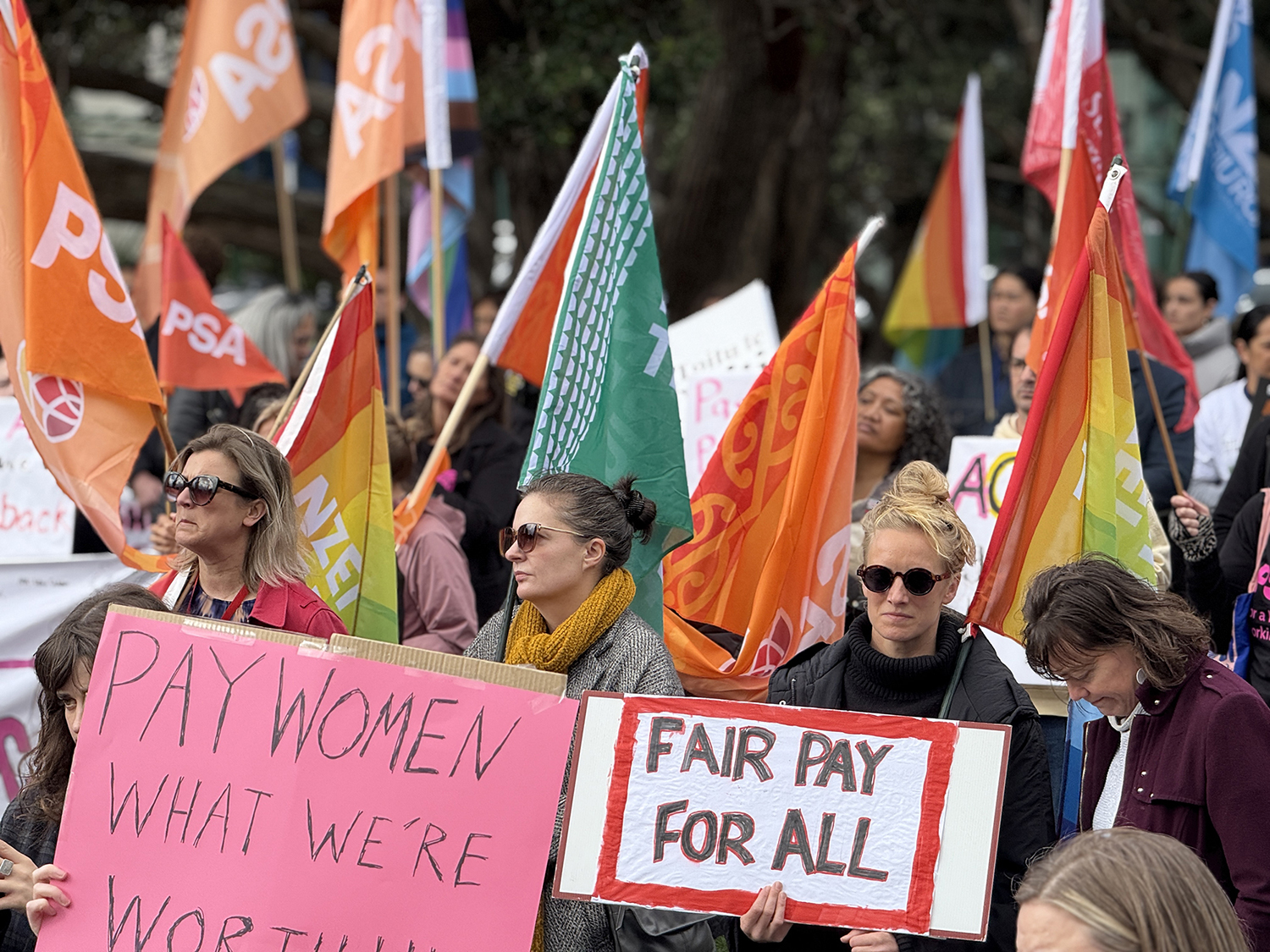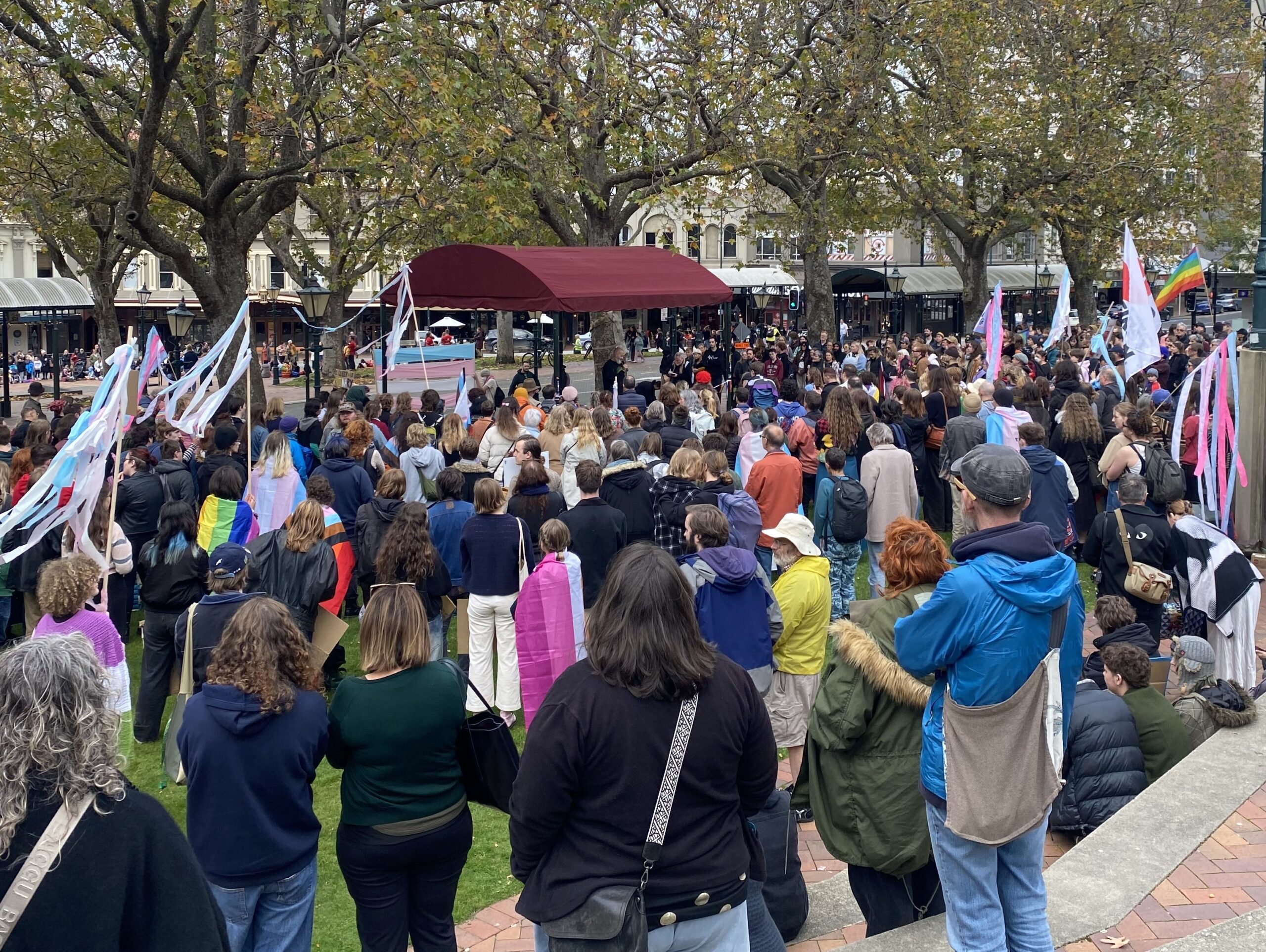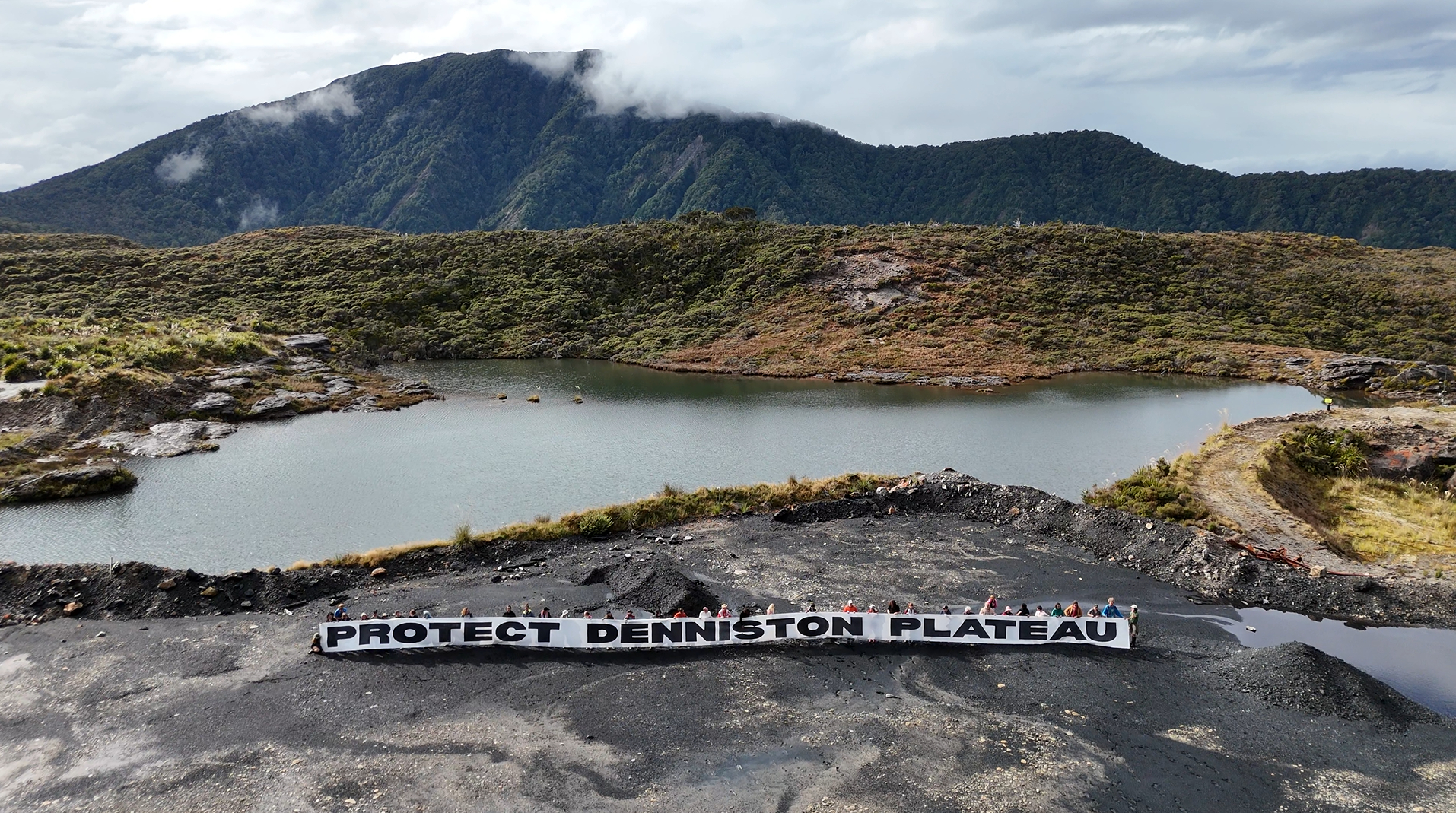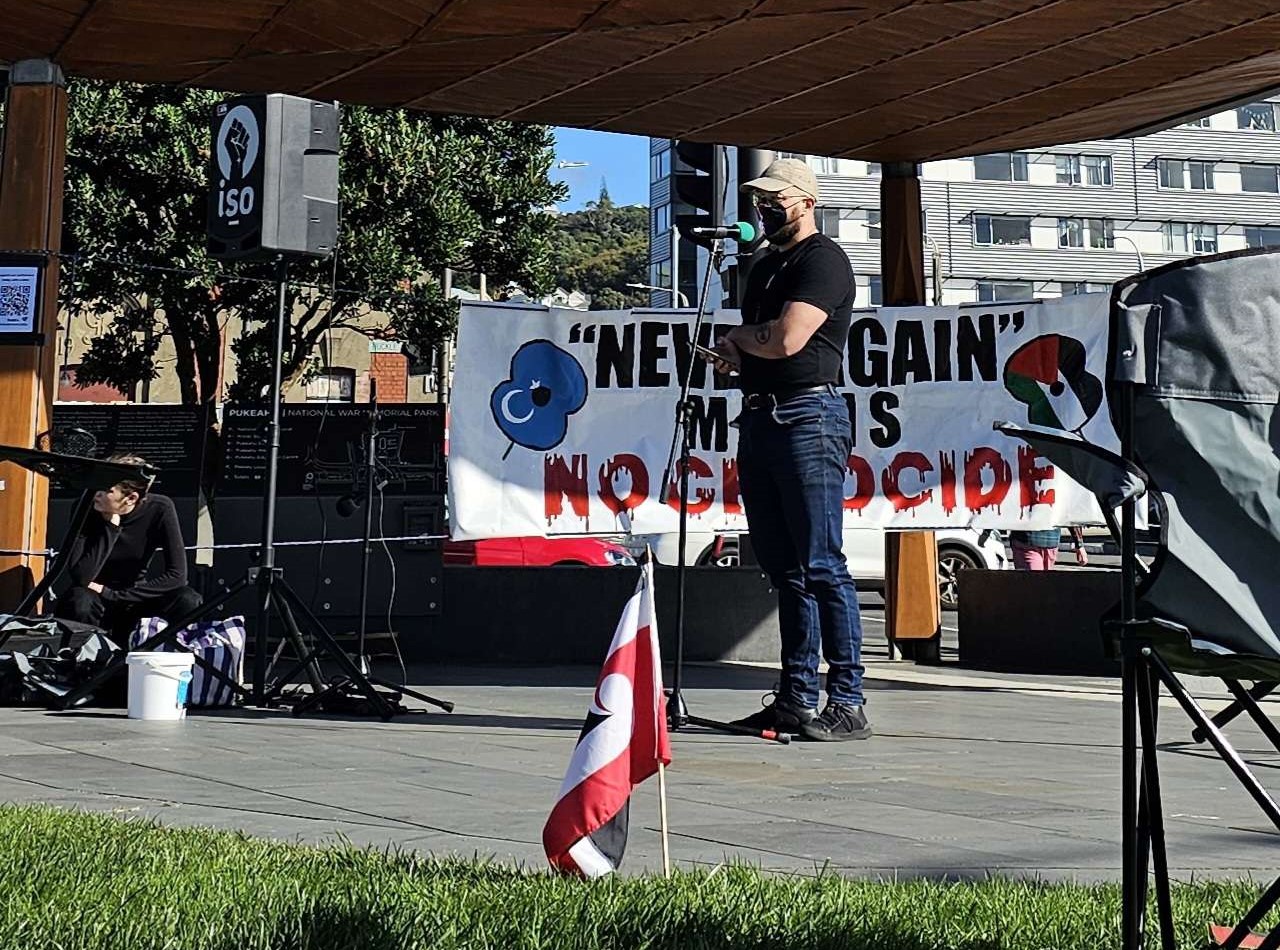The ISO has not adopted a position on the End of Life Choice Act referendum. This personal contribution from two members sets out their argument for voting ‘no’.
The New Zealand General Election will take place on October 17th, 2020. When voting, we will each have the opportunity to vote in two referenda. Though the ISO supports decriminalising cannabis and is calling for a ‘yes’ vote in the cannabis referendum, the organisation has not come to a position regarding the euthanasia referendum. As members, we set out an argument here for a ‘No’ vote. The purpose of The End of Life Choice Act is described in the Act as: “(a) to give persons who have a terminal illness and who meet certain criteria the option of lawfully requesting medical assistance to end their lives; and (b) to establish a lawful process for assisting eligible persons who exercise that option.”
We have a responsibility to ensure the well being of all, which includes empowering individuals to minimise their suffering, maintain their dignity, and maximise the quality of their lives. Many commentators write as if euthanasia is an issue with a clear left/right divide, and many on the left take support of voluntary euthanasia as axiomatic. In a civilized world we should have autonomy over our lives, and that must mean over our deaths as well. But this isn’t a civilized world; it’s an alienated, oppressive, capitalist one. That needs to be borne in mind.
As activists and thinkers in the disabled movements globally point out, ‘wellness’ and ability are measured in capitalist terms. Are our bodies productive? Profit-generating? Capable? This creates a hierarchy in how bodies are viewed and valued, all the way from advertising and the marketing of sexuality to the oppression of those not ‘fit’ for capitalist work: the elderly, the disabled, the young. So when discussions around questions like euthanasia proceed as if quality of life is an objectively measurable, neutral thing, they obscure all of this oppression. As Wendi Wicks puts it: “The opposition we express is consistently based on concerns that society is full of negative, biased and discriminatory attitudes and behaviours, so that people think disabled lives are less worthy. Given this attitude as a basis, the state provides really limited support for us to live well. So it’s disturbing when laws are put up that mean the state will provide the means to die, not live.”
On this legislation, Disability Rights Commissioner Paula Tesoriero wrote in her 2018 submission: “my position is that: a. this Bill undermines the position of disabled and vulnerable members of our community and poses significant risks to them, as individuals and as a group; b. the proposed safeguards in the Bill are deficient, both procedurally and substantively, for both terminal and non-terminal conditions; c. It is not possible to consider the issue of legalising assistance in dying in isolation from palliative care service provision and the current services and resources available to those who experience serious but non-terminal conditions.”
We can’t assume that all choices are made free from external pressures. Class exploitation and oppression shape us in all sorts of ways, and shape the oppression of the elderly: fears of being a burden to family members; pressure from family members for money; elder abuse; the lack of financial independence that may trap someone in an abusive relationship. Hospice New Zealand, the national organisation of palliative care providers, report in Oregon 63% of those dying under comparable legislation were concerned about being a burden. In a world of freely-interacting individuals bound in a genuine community (in other words, under socialism) the right to die could well be supported. In this society, however, it is hard to see how the decision can be made ‘freely’ when so many other economic and social factors oppress and contain the ill and the elderly.
Māori and Pasifika people have lower life expectancies and worse health as a result of racism, colonialism, and their disproportionate location in the working class. They die younger and are sick longer. So demands for better palliative care, better public health, targeted funding to address Māori inequalities and targeted campaigning against racism in the health system and beyond are all essential. They seem, to us, necessary preconditions for any later discussion of the right to die.
We need to confront the oppression of disabled people, and link that to the capitalist system. A generation ago many people who nowadays live in their communities were confined to institutions, often from a very young age. Social struggle changed that, and changed lives for the better. We should be wary of any public moves that reinforce the idea – and the material basis for this idea – that disabled people are a burden. The Disabled Persons Assembly NZ wrote in their 2018 submission: “DPA believe that the New Zealand government must address its own role in policy setting and practice and engage comprehensively with disabled people before legislating the eligibility of disabled people for physician-assisted dying.” We would do well to consider how we could ally with disabled people in their struggle.
As socialists, we should be demanding decent, truly public, and truly free healthcare for all, including palliative care. And we should be for genuine care for our elderly: increases to superannuation; publicly run rest homes taken out of the hands of vultures like Ryman; social services to sustain working-class people after their working life. That all has to be a background to any discussion of euthanasia.
In our present moment, an appropriate vote in the upcoming referendum is: “No, I do not support the End of Life Choice Act 2019 coming into force.” This conclusion is, however, drawn reluctantly. Voting “No” does not end the suffering of many terminally ill, and does not provide them with their right to bodily autonomy. This should be a powerful reminder of the urgency of significantly changing the material conditions, and confirmation of the necessity of the work those on the Left undertake. Should individuals have a right to end suffering and regain autonomy? Undoubtedly. Could voluntary euthanasia be supported in the future? Absolutely. But for this particular referendum, about this particular legislation, in these particular material conditions, we should vote “No”.









